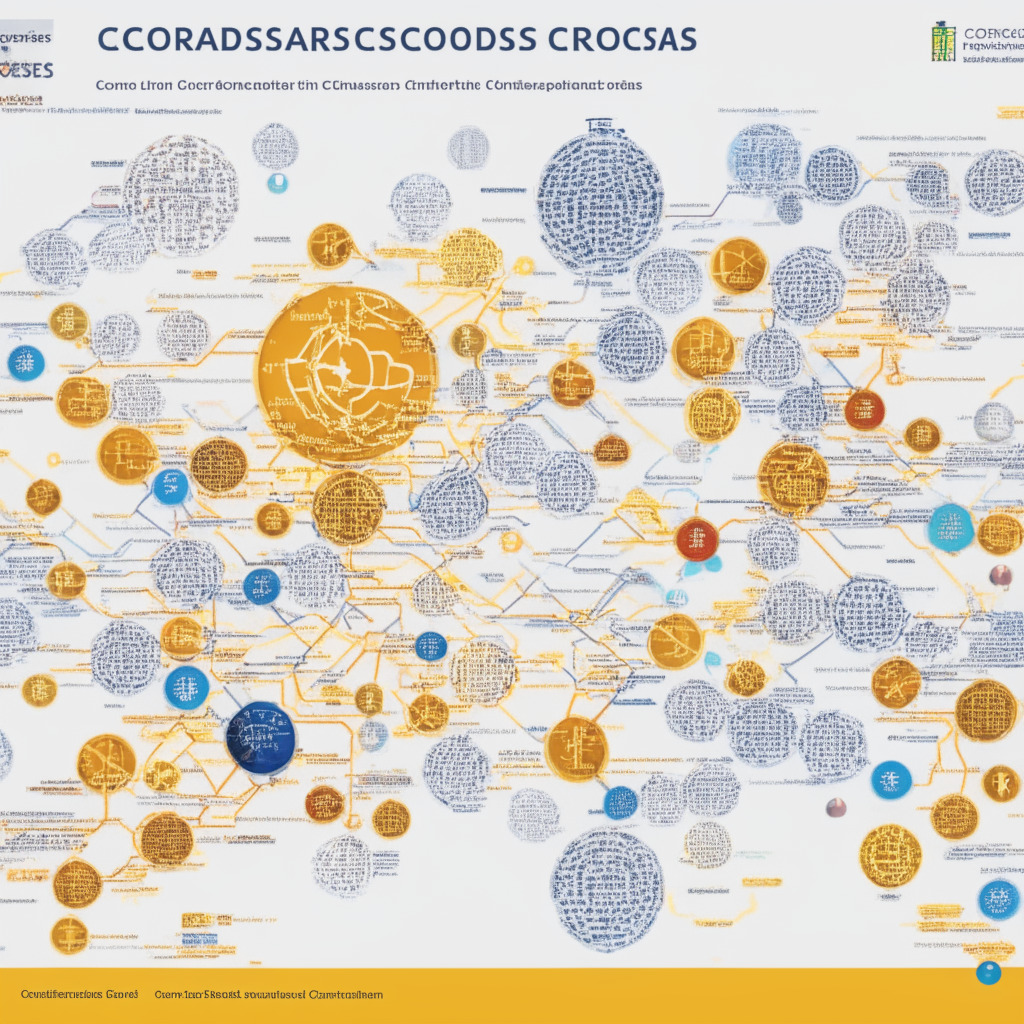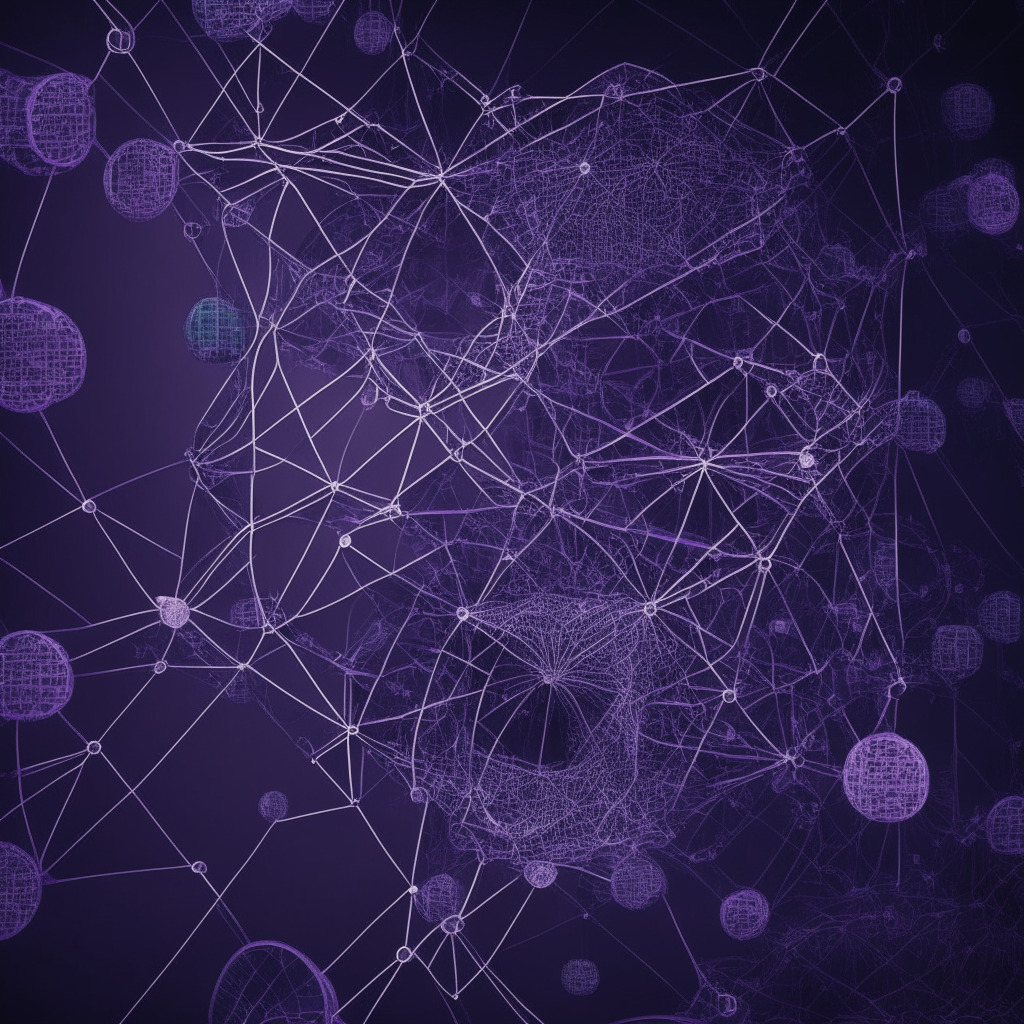The United Kingdom’s data regulator, Information Commissioner’s Office, has announced its intent to inspect further into OpenAI’s cryptocurrency initiative – Worldcoin. The unusual venture, which merges blockchain with biometric identification, offers users a unique digital identifier, a “World ID,” along with free crypto, obtained by scanning their iris. Yet, amidst the intrigue of this novel approach, a spark of apprehension flickers.
Worldcoin’s spokesperson articulates that processing personal data necessitates a “clear lawful basis” and when counting on user’s consent, it must be freely bestowed and flexible enough to be withdrawn effortlessly without adverse consequences. As the implications sink in, the caveat of consent and privacy hangs heavy in the air – the digital realm’s constant tug of war between innovation and individual’s rights.
Spearheaded by the CEO Sam Altman, the project paints itself as a “digital passport” – a tool for users to affirm their human identity. Following its launch, Worldcoin witnessed a leap in its native coin’s value, as the digital currency (WLD) climbed to $3.58. While this price surge generally would be a reason for celebration, it raises eyebrows among crypto advocates and traders, triggering concerns over the robustness of the identity verification system.
The Worldcoin venture confidently takes pride in obliging to all legal and regulatory mandates encompassing biometric data collection and transmission, even stressing complete compliance with Europe’s General Data Protection Regulation (GDPR). But there’s something it must chew on: skeptics around the globe and rising apprehension over data privacy concerning eyeball scans. How secure is the preserved data? Are suitable safeguards adopted to ensure privacy?
The need for these answers becomes increasingly urgent as the project reaches an impressive milestone – two million user sign-ups during its initial trial period and expansion plans to 20 countries. Considering these ambitions, comprehensive investigations by regulators worldwide seem inevitable. The recent announcement from UK’s data regulator indeed signals a significant stride towards comprehending Worldcoin’s implications.
As curiosity peaks on one side, the tide of concern slowly rises on the other. A revolutionary project like Worldcoin undoubtedly brings a fresh wave of technological proficiency. Still, the responsibility rests on its shoulders to balance the scale with trustworthy privacy measures, without capsizing the boat of innovation into the turbulent waters of privacy fears. This duality underlines the underlying narrative of crypto’s future – balancing the seesaw between technological breakthroughs and individual’s rights respect.
Source: Cryptonews




